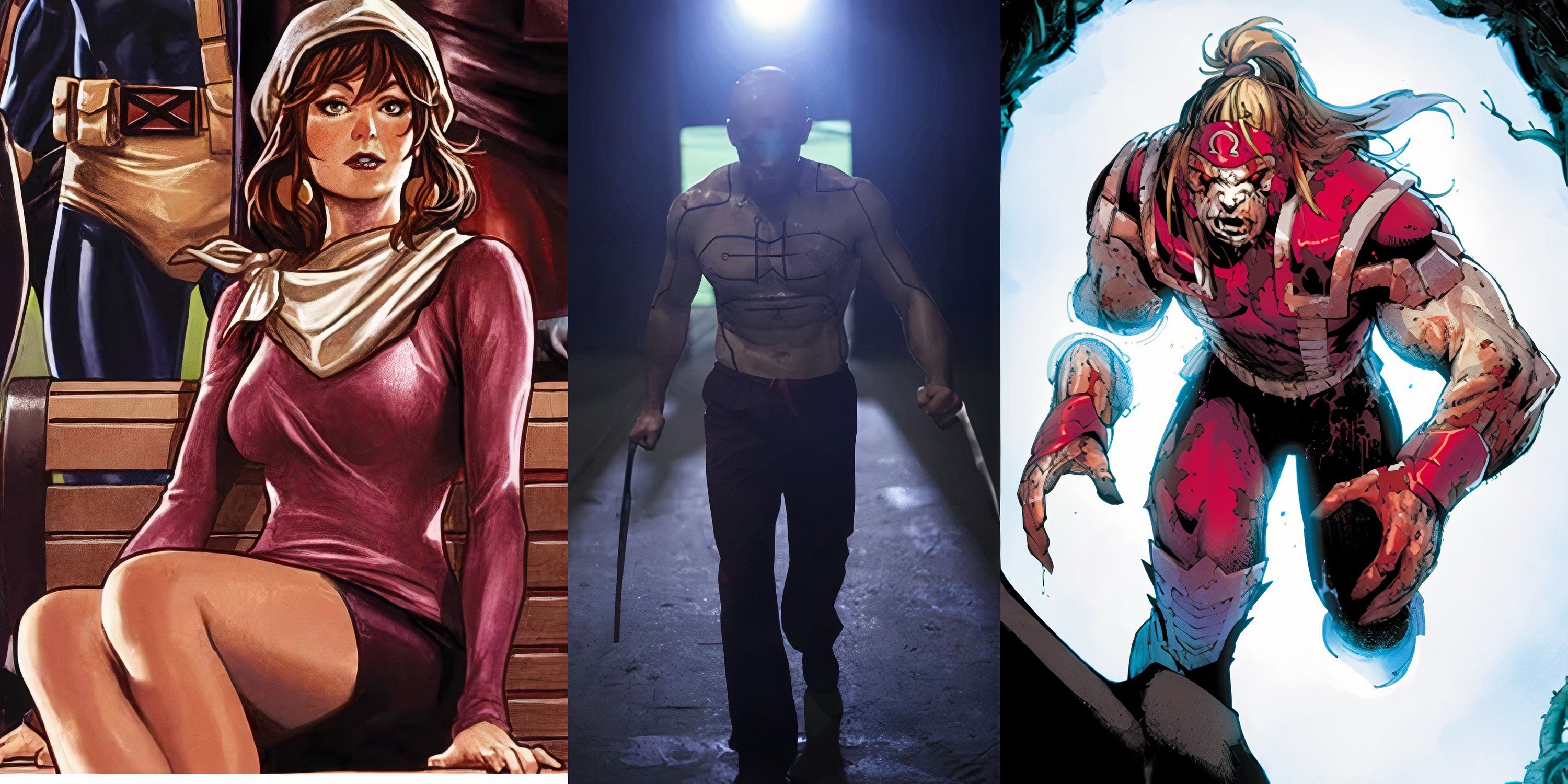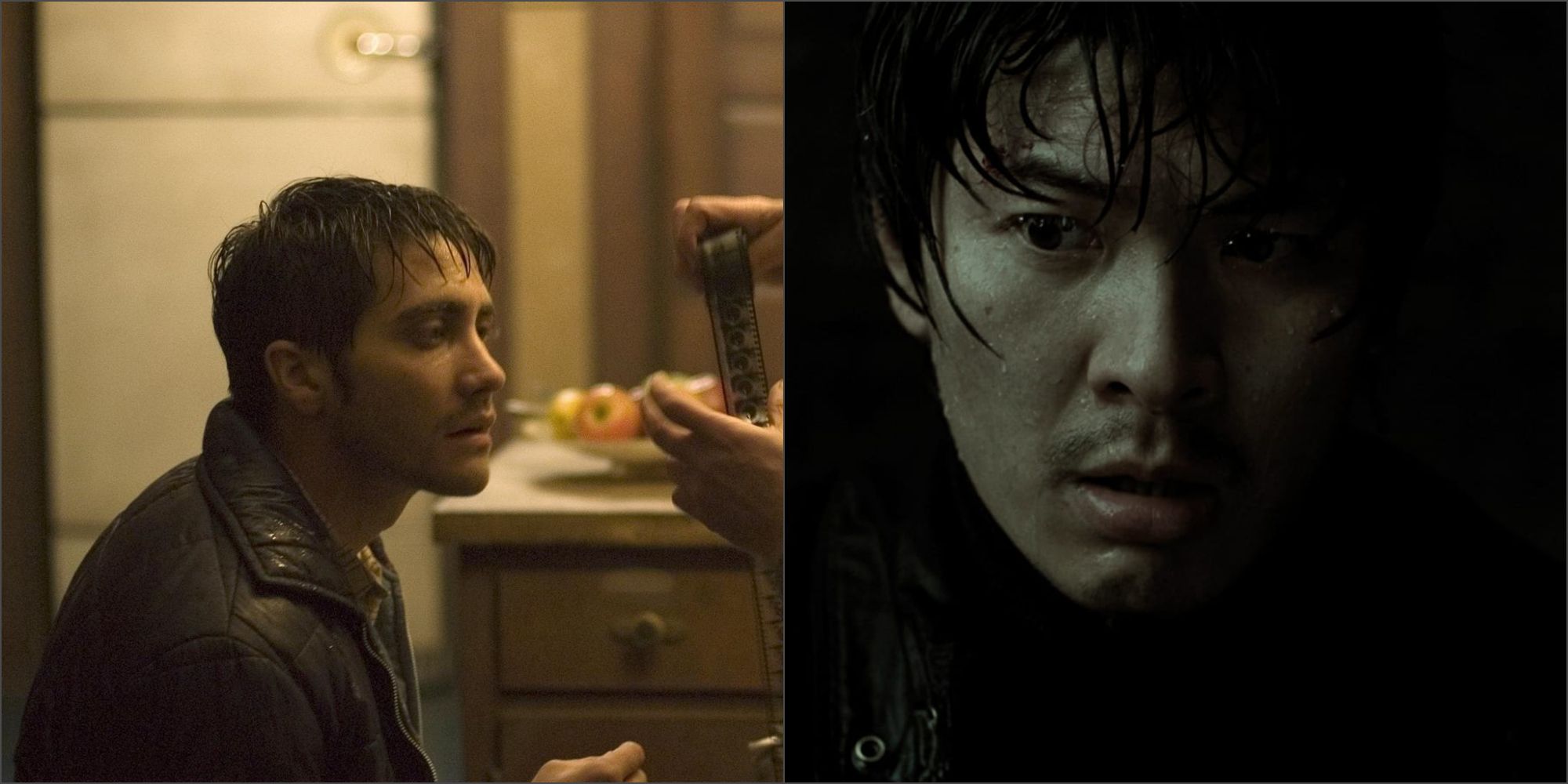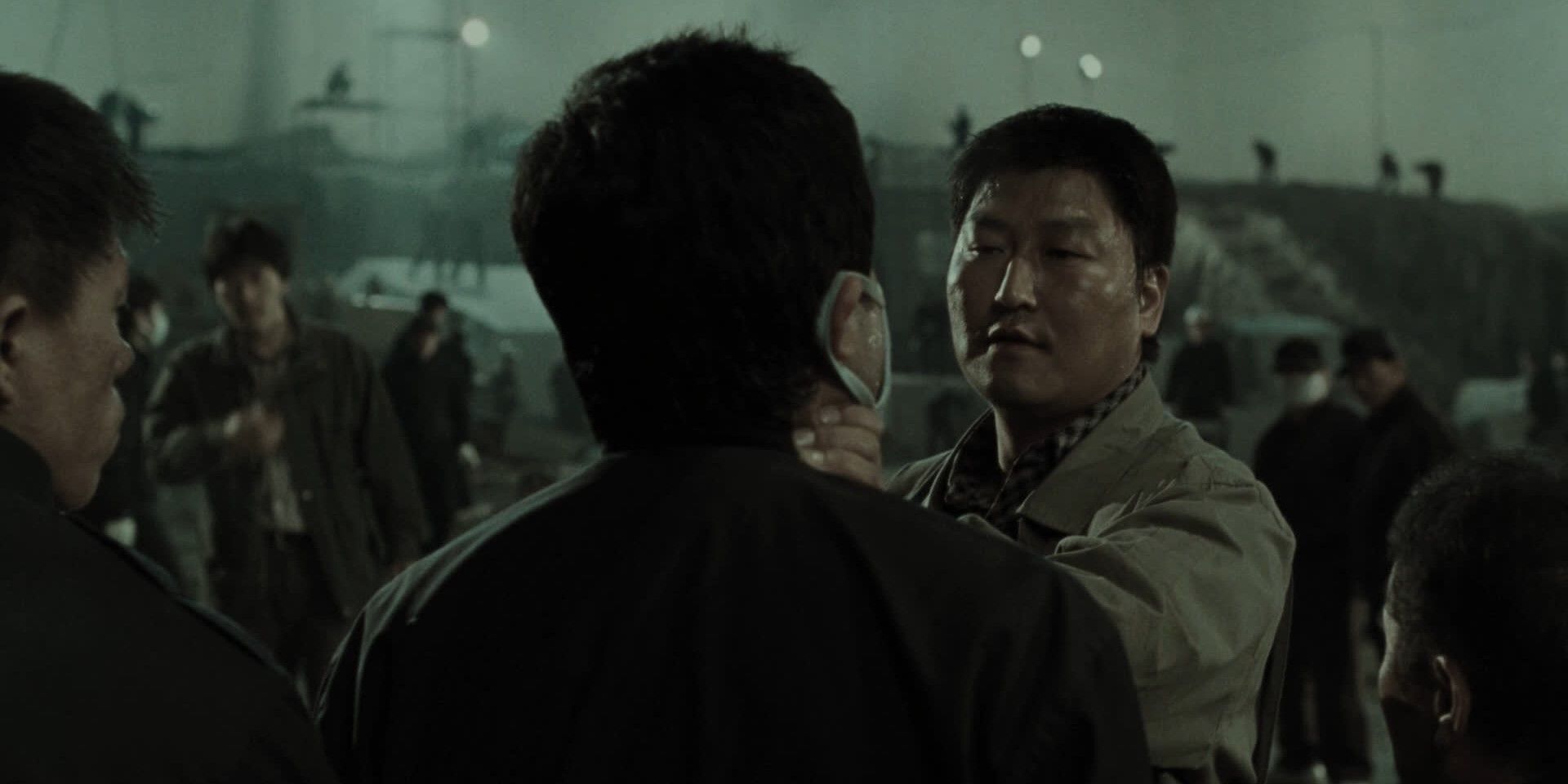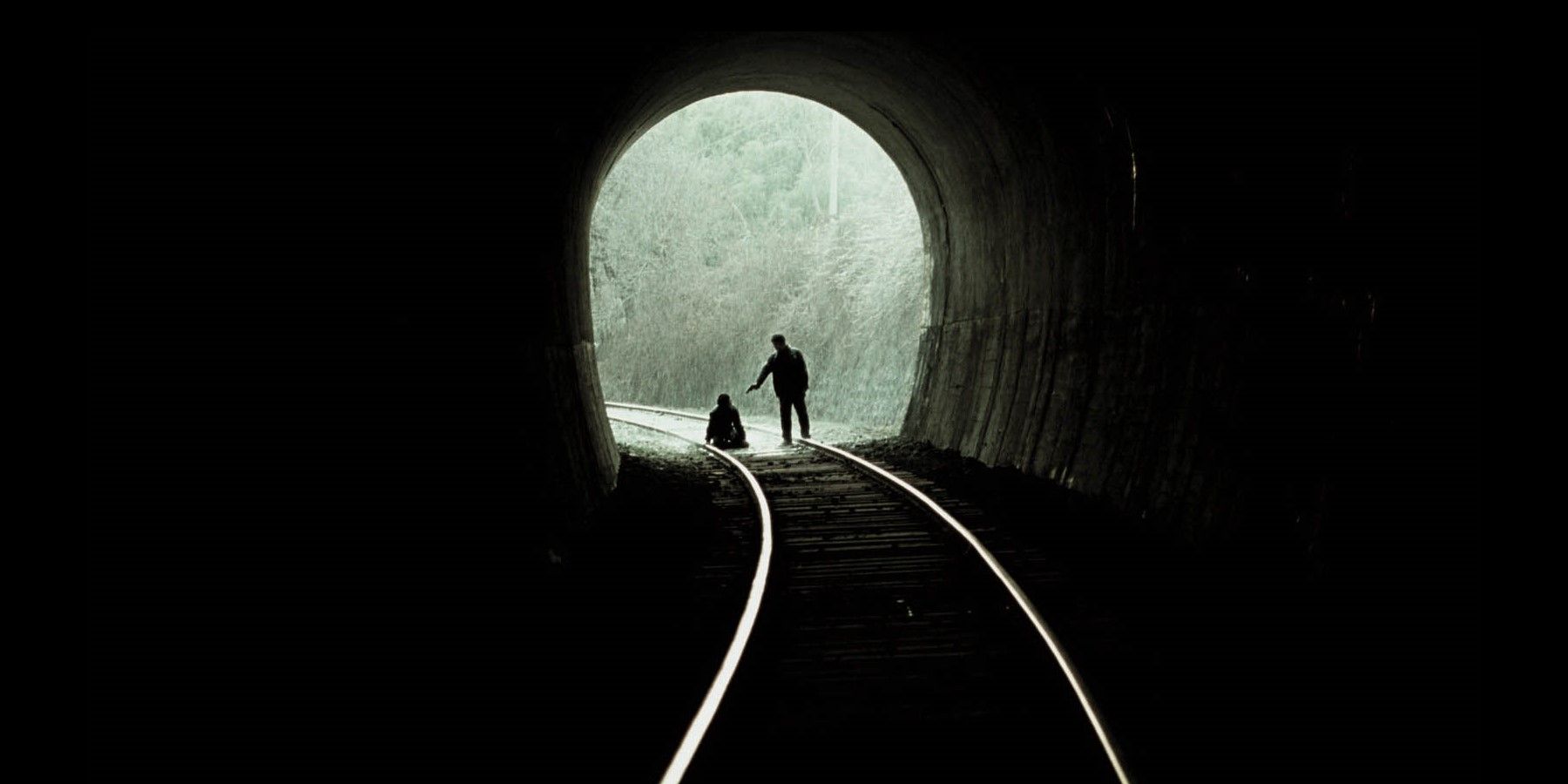Bong Joon-ho's Memories of Murder is a masterpiece of South Korean cinema that delves into the real-life case of the Hwaseong serial murders. Released in 2003, this gripping crime drama draws parallels to David Fincher's Zodiac in its exploration of an unresolved serial killer case, and the grievous psychological effects on the detectives that become consumed by their obsession with those crimes.
Memories of Murder is set in the rural town of Hwaseong in the 1980s where a series of brutal rapes and murders of young women shocks the community. The investigation is led by two detectives, Detective Park Doo-man (Song Kang-ho) and Detective Seo Tae-yoon (Kim Sang-kyung), who have contrasting investigative methods and personalities. Park is a laid-back man who puts little effort in his investigations, and Tae-yoon is a by-the-book officer who trusts in nothing but official documents. With limited access to forensic technology at the time, the investigation becomes difficult and public pressure mounts on this case since this type of serial killing was pretty much unforeseen in South Korea.
As the detectives run out of leads and ideas while desperately searching for the killer, they inevitably become obsessed, take morally questionable actions, and ultimately fail. In the movie's haunting, fourth-wall-breaking ending, Park returns to one of the crime scenes many years after leaving the police force. There, he meets a young girl who speaks of a man she saw there too, just observing. Park then looks straight into the camera, teary-eyed and stupefied, as he realizes the killer is probably seating in the theater, watching the movie - his ultimate crime scene.
There is an obvious parallel to David Fincher's Zodiac, as Memories of Murder exemplifies the power of cinema to delve into the darkest corners of human nature and challenge our perceptions of truth and closure. Bong Joon-ho's masterful storytelling and meticulous attention to detail came together to make a haunting tale of the elusiveness of justice. However, there are discrepancies between this film and its North-American counterpart, namely in regard to the real life cases that inspired them.
What Is The True Story Behind Memories Of Murder?
The Hwaseong serial murders occurred between 1986 and 1991, and the killer was never officially caught up until 2019. Bong Joon-ho's film offers a fictionalized account of this haunting chapter in South Korean history, presenting its own theory of the killer's identity. While the film does not provide a definitive resolution, it forces viewers to confront the disturbing reality that some crimes may never receive justice. However, the true killer of the real-life cases was identified as Lee Chung-jae, who was in his 20s at the time of the killings. Chung-jae, who was already serving a life sentence for killing his sister-in-law in 1994, was identified as the Hwaseong serial killer when his DNA matched samples found in the crime scenes. He confessed to killing the 10 victims attributed to the Hwaseong murders and to 4 more who were never included in the case.
The horrifying irony of this case is that Chung-jae confessed that he did not really put an effort to cover up his tracks, unlike the infamous Zodiac killer in Fincher's movie. Chung-jae also admitted that whenever a police officer would walk by him, he thought he had been identified. This leads to the conclusion that the Hwaseong police forces back then were terribly incompetent in their attempts to solve this heinous case. Bong hit the bull's eye by conveying this institutional incompetence through the character of Detective Park Doo-man.
In the film, the two main detectives are often clashing because of their divergent life philosophies and professional approaches. Park is certain that he has "shamanic eyes" and can always tell if a person is innocent or not. Detective Tae-yoon never ceases to be amazed by Park's comic clumsiness (fruit of Song Kang-ho's terrific performance), but when his own methods continue to fail, he becomes increasingly hopeless in the merits of his by-the-book means.
In a key scene of the movie, the detectives witness an unknown man visit one of the crime scenes. They don't see his face, but see that he is wearing a very unmistakable piece of underwear. The suspect gets startled and flees, and the detectives frantically chase him down through a village and end up in a mine, where the suspect blended in with the mine workers. Park identifies the suspect's underwear when he reaches down. Instead of just seizing the suspect, Park sets up a ruse, in which he makes it seem that he identified the suspect only because of his "shamanic eyes". With his philosophies already shattering, Tae-yoon begins to validate Park's inane methods.
By blurring the line between truth and fiction, Bong Joon-ho invites the audience to contemplate the nature of justice and the inherent limitations of the criminal justice system. The film's harrowing ending reminds audiences of the importance of seeking justice, preserving the memory of victims, and never forgetting the profound impact of unresolved crimes on society as a whole.
Memories of Murder stands as a testament to the enduring power of cinema to shed light on our desire for closure and raise profound questions about the nature of truth, justice, and the human condition.






